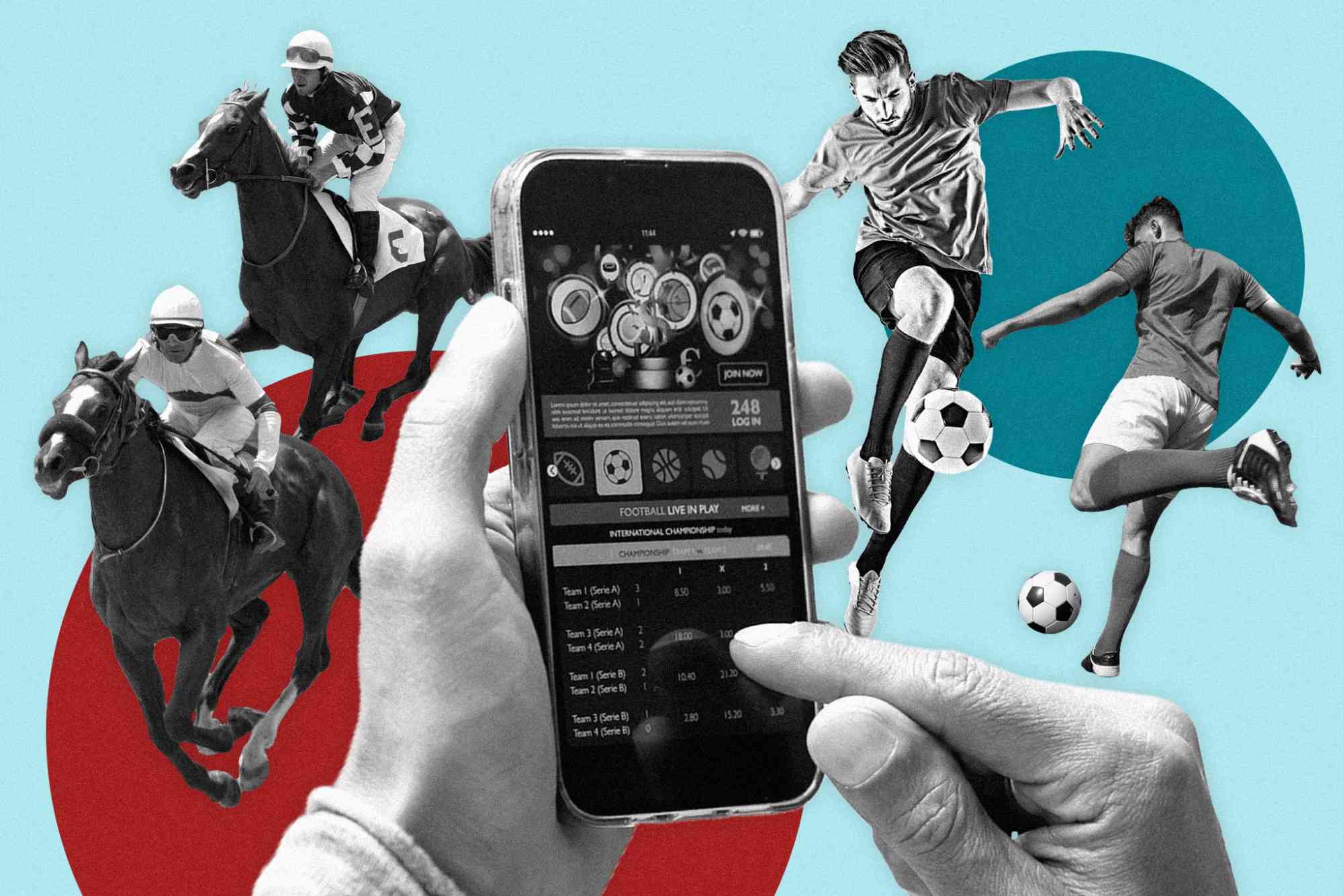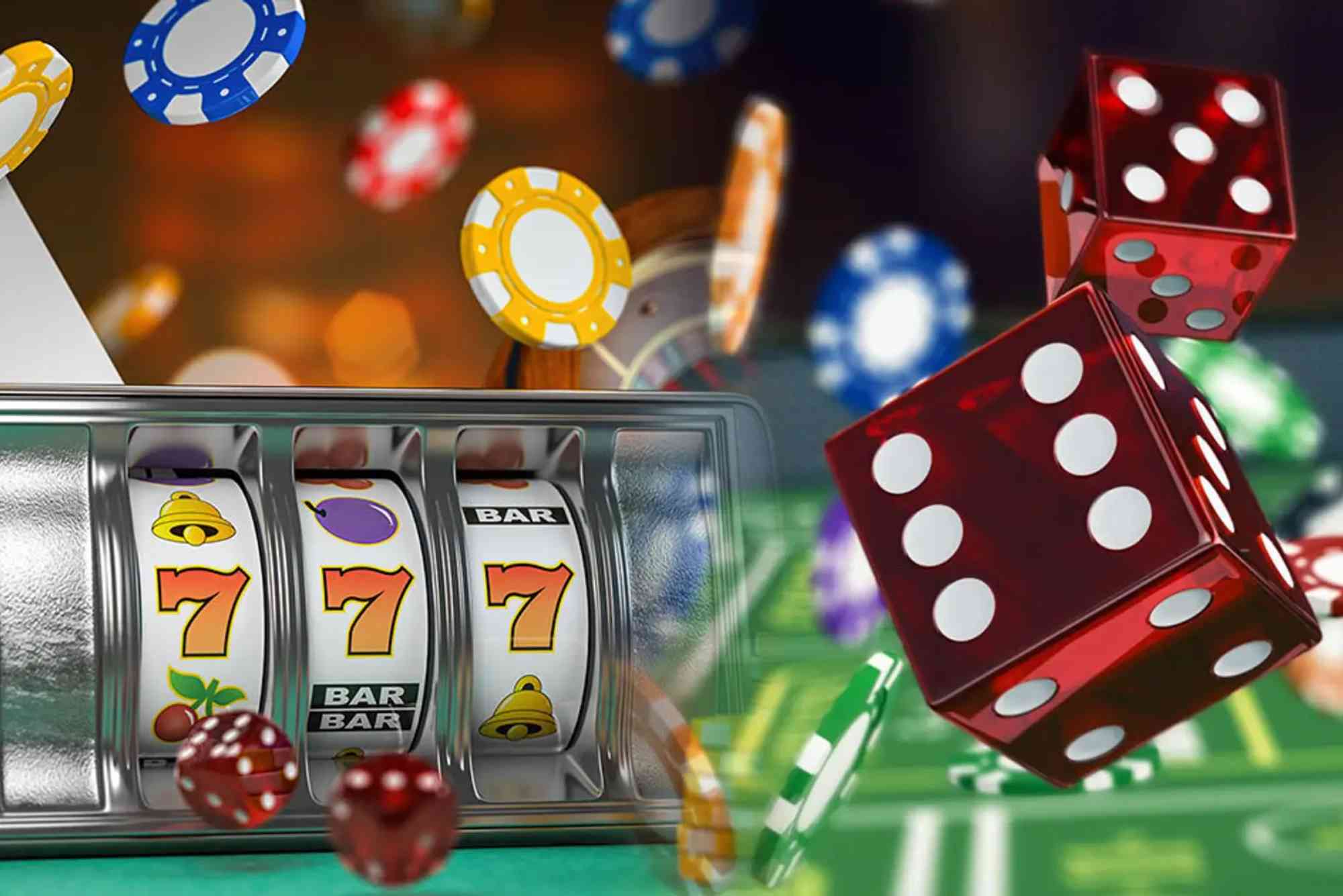Walk into any casino and you’ll notice the atmosphere immediately: flashing lights, ringing machines, the faint clink of chips, and a carefully curated soundtrack in the background. The music might not be the first thing you focus on, but it’s one of the most powerful tools casinos use to shape your behavior without you realizing it.
From the choice of songs to the tempo of the playlist, casino music plays a subtle but critical role in how long you stay, how much you spend, and even how you perceive your own luck. Over the years, I’ve observed this both as a player and as someone deeply interested in the psychology of gaming environments. And once you understand how music works in these spaces, you may never hear a casino the same way again.
The Psychology Behind Casino Music
Music has long been used in retail environments to influence behavior. Supermarkets, for instance, play slow music to encourage shoppers to linger longer, often leading to higher spending. Casinos apply similar principles but with their own twist.
Low-tempo, soothing music can keep players relaxed, making them more likely to settle in for longer sessions. In contrast, fast-paced tracks heighten excitement, especially at tables where the energy of the game itself needs amplification. By carefully balancing these tempos, casinos can adjust the rhythm of the entire floor.
Players rarely notice this consciously, but the emotional cues embedded in music can nudge them toward decisions they might not otherwise make, such as staying at a slot machine a little longer or feeling confident enough to double down on a hand of blackjack.
How Tempo Shapes Betting Behavior
One of the most fascinating aspects of casino music is how tempo influences risk-taking. Studies have shown that faster music often leads to quicker bets. When the soundtrack is upbeat and energetic, players make decisions more rapidly, sometimes without pausing to think them through.
Slower music, on the other hand, encourages a more leisurely pace, which often translates into longer play sessions. Casinos use this strategically, adjusting playlists depending on the time of day, the density of players, and the type of games being promoted.
It’s a balancing act: too fast, and players may burn out quickly; too slow, and the energy of the room may fade. The sweet spot keeps players engaged while subtly nudging them toward steady betting activity.
Emotional Triggers Hidden in Soundtracks
Beyond tempo, the actual melodies and harmonies chosen are carefully considered. Bright, major-key music often accompanies winning moments on slot machines, creating a celebratory feel even when the payout is small. This positive reinforcement builds a subconscious association between playing and feeling rewarded, encouraging repeat behavior.
Meanwhile, ambient background tracks in table game areas are often designed to be familiar but not distracting—popular tunes, instrumental covers, or even subtle jazz. These selections make the environment feel welcoming and safe, lowering players’ natural skepticism about risking their money.
The Evolution of Casino Playlists
Casinos didn’t always put this much thought into music. In the early days of Las Vegas, live bands and lounge singers provided the soundtrack. It was entertaining, but not necessarily optimized for influencing player behavior.
Today, with the help of behavioral psychologists and marketing data, playlists are carefully curated and tested. Algorithms can now measure how different tracks impact betting patterns and adjust accordingly. Just as streaming services suggest songs based on your preferences, casinos fine-tune their music to match the crowd in real time.
Online Casinos and Virtual Soundtracks
This phenomenon isn’t limited to physical casinos. Online platforms have adopted similar strategies, using background music and sound effects to mimic the excitement of a real casino floor.
Slots and live dealer games often come with custom soundtracks that create immersion. Even at home, you’ll notice triumphant jingles when you win or subtle background loops that encourage longer play sessions. Some platforms even allow players to choose their preferred “casino ambiance,” offering variations of music to enhance the experience.
Interestingly, the rise of modern payment methods has also shaped this evolution. Platforms integrating innovations like crypto casinos uk combine digital convenience with immersive sound design, creating a seamless experience where every aspect—from deposits to gameplay—is engineered for engagement.
Real-World Examples of Music in Action
One of the clearest examples I’ve witnessed came at a blackjack table in a European casino. The background music shifted from slow, relaxing lounge tracks to high-energy dance beats as the night progressed. You could feel the tempo of the room change: conversations grew louder, bets increased in size, and players acted with greater urgency.
Slot machine developers have taken this even further by embedding unique soundscapes into each game. A jungle-themed slot might use rhythmic drum beats, while a fantasy-themed one layers in orchestral swells. Each soundtrack is designed not only to entertain but also to match the game’s pace and reinforce its theme.
Why Awareness Matters for Players
Understanding how casino music works doesn’t mean you’ll stop enjoying it, but it does give you an edge. Recognizing when fast-paced music is pushing you to act quickly or when soothing sounds are encouraging you to stay longer can help you make more intentional decisions.
Casinos design their environments to maximize time on the floor, and music is one of the most effective tools in their arsenal. By becoming aware of its influence, you can maintain better control over your playing habits and avoid being unconsciously steered into overspending.
The Future of Music in Casinos
Looking ahead, the role of music in casinos is likely to become even more sophisticated. With AI-driven analytics, operators can tailor playlists to individual preferences in real time. Imagine a casino where the music changes depending on your betting history, the type of game you’re playing, or even your emotional state, detected through subtle behavioral cues.
In the online world, virtual reality casinos may soon allow players to customize their soundscapes entirely, blending personal choice with the subtle nudges of behavioral design. As the industry continues to innovate, music will remain a central part of the casino experience—quietly shaping decisions in ways most players never notice.
Final Thoughts
Casino music is far more than background noise. It’s a powerful psychological tool designed to influence mood, pace, and even financial decisions. From the tempo of a playlist to the emotional triggers embedded in sound effects, music subtly guides players through their gambling experience.
For casinos, it’s a masterstroke of design. For players, it’s a reminder to stay aware of the invisible forces shaping their choices. The next time you hear that upbeat jingle or relaxing lounge track, ask yourself: is this music entertaining me, or is it also persuading me? Chances are, it’s doing both.









